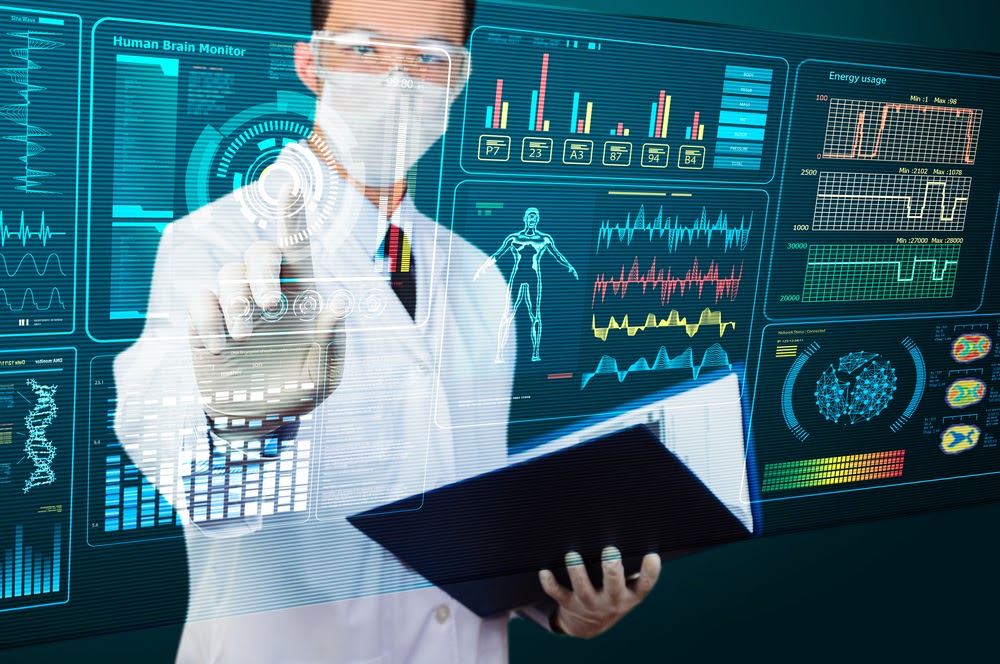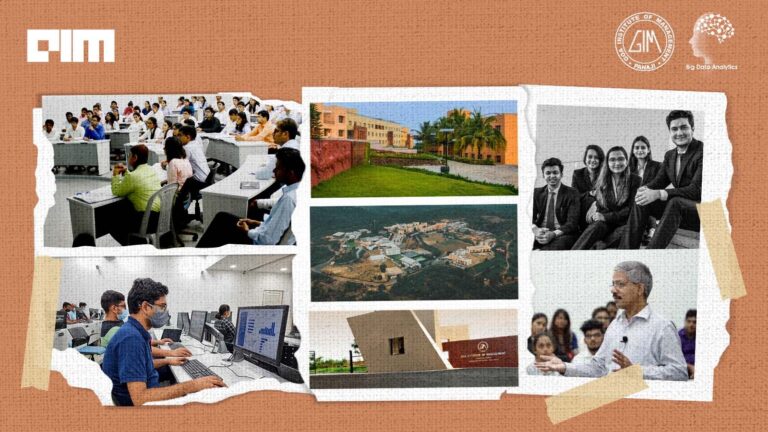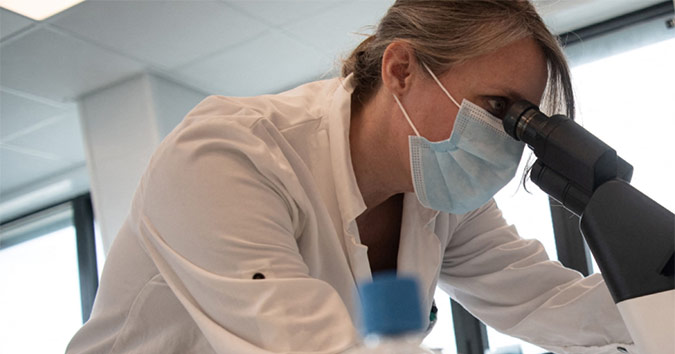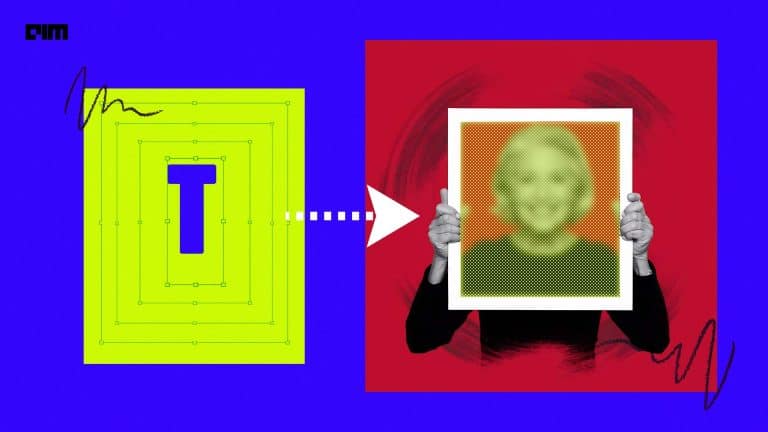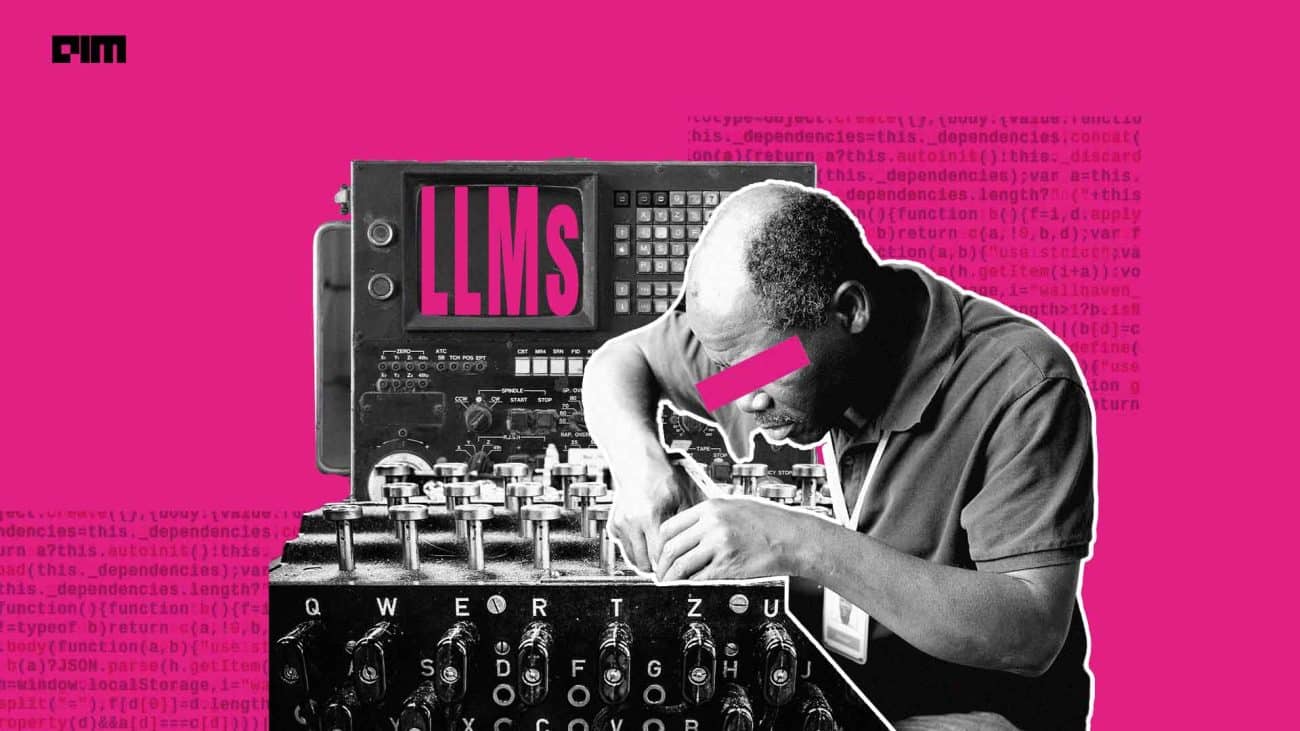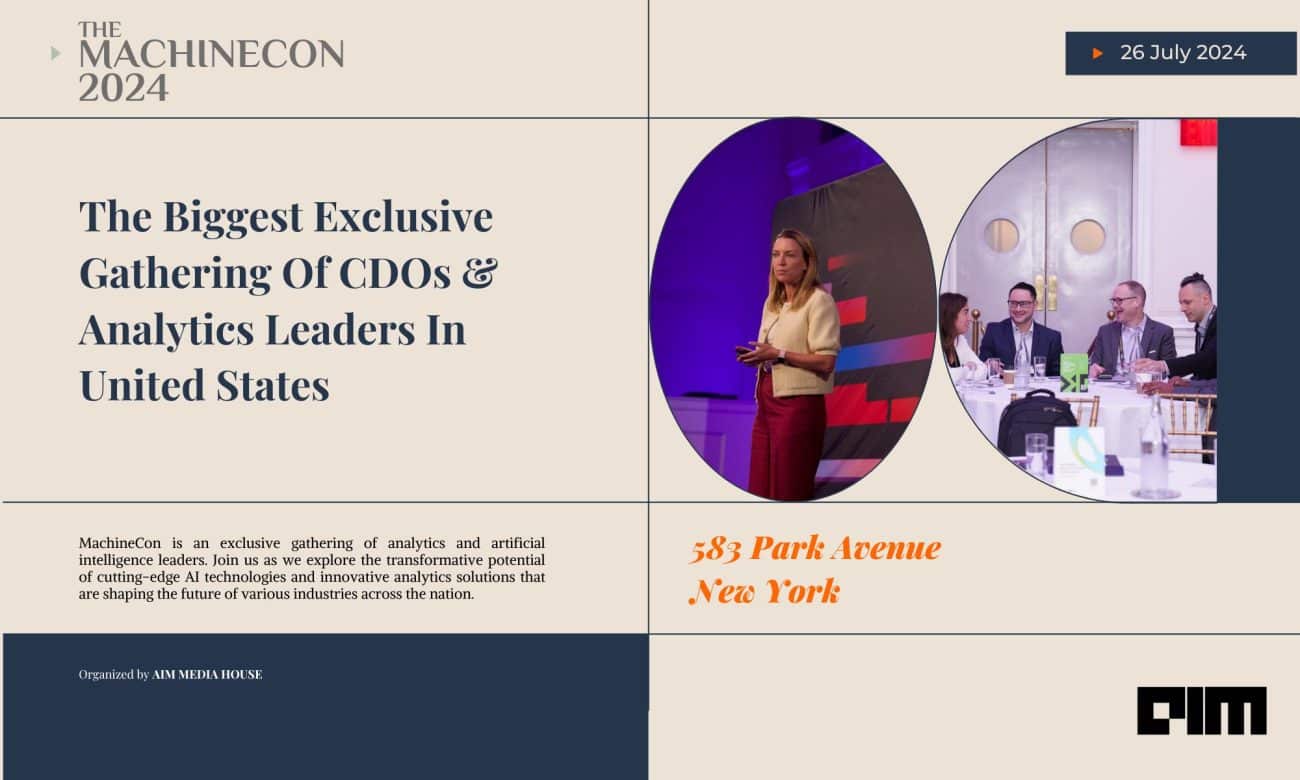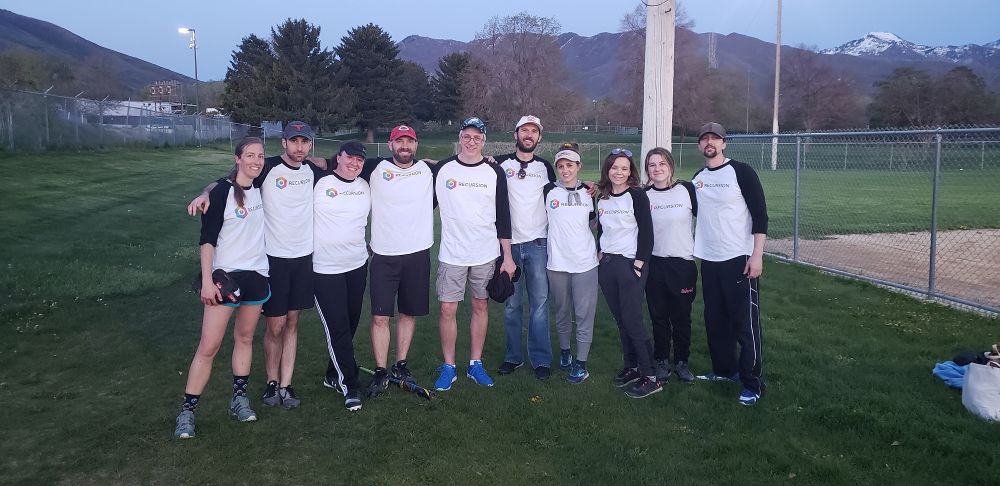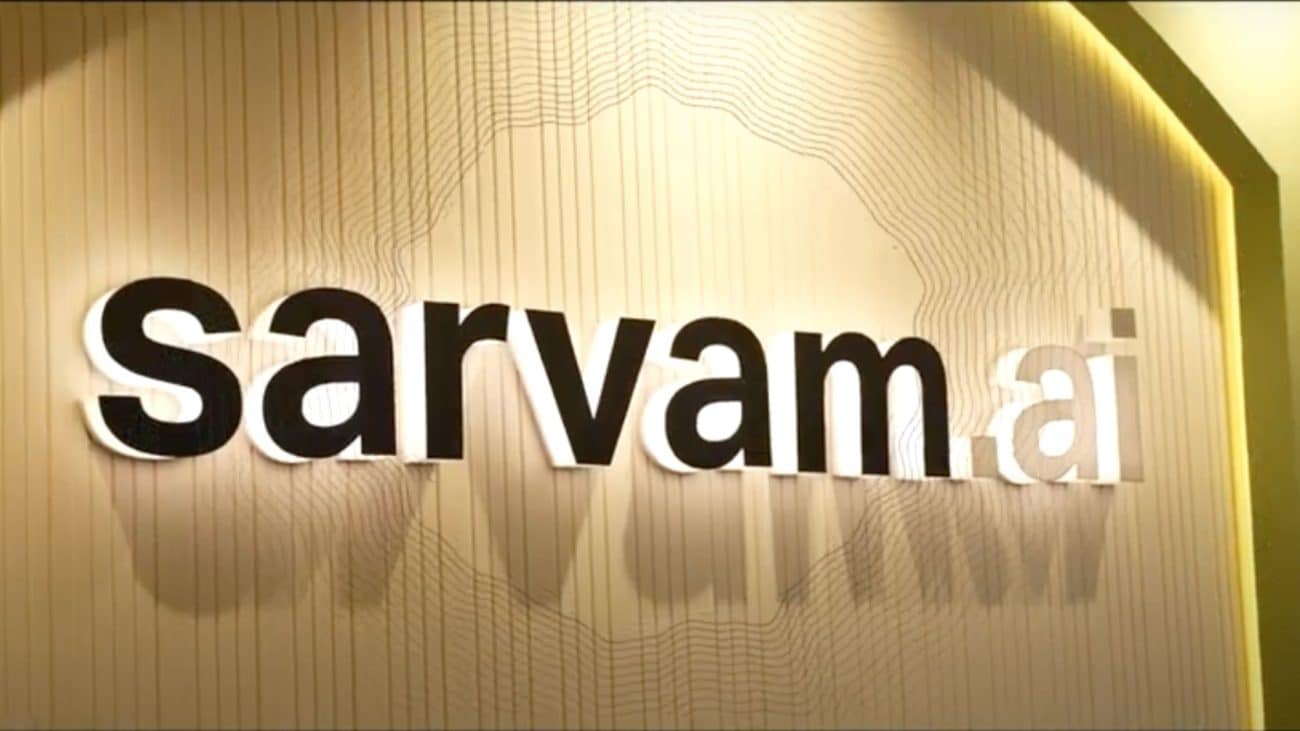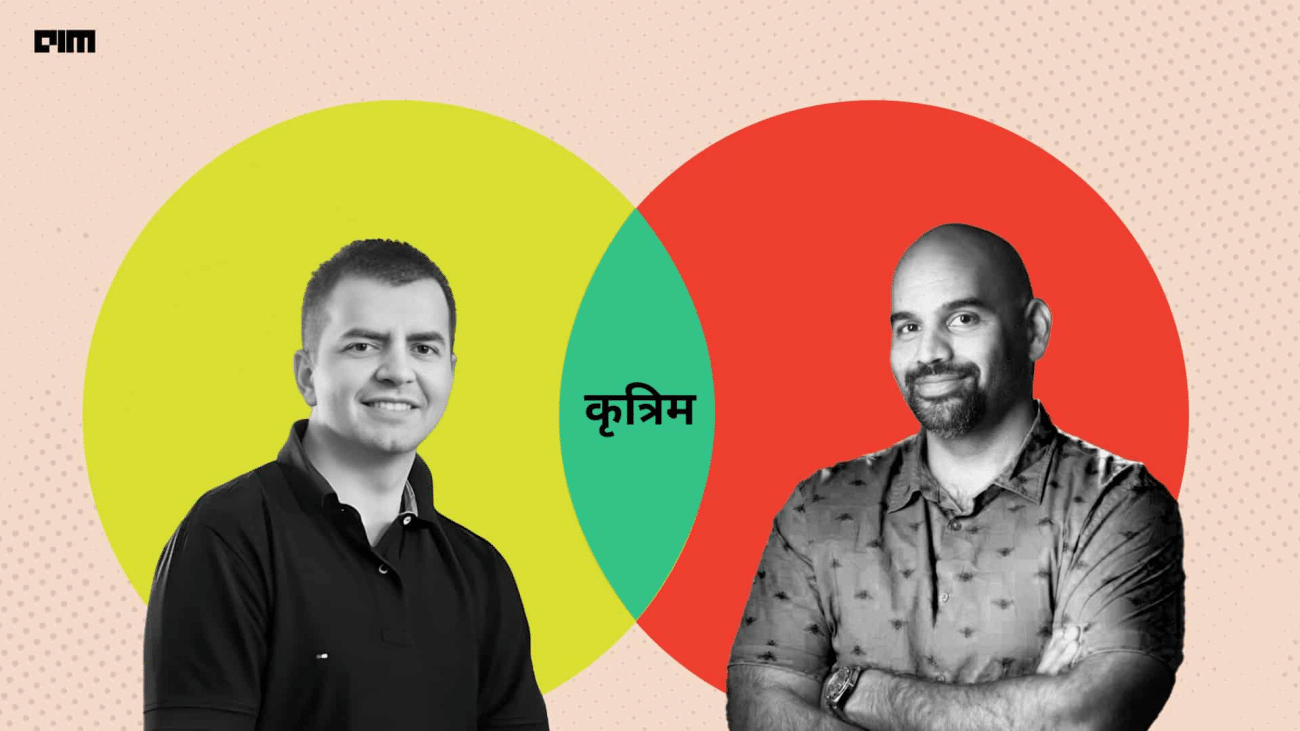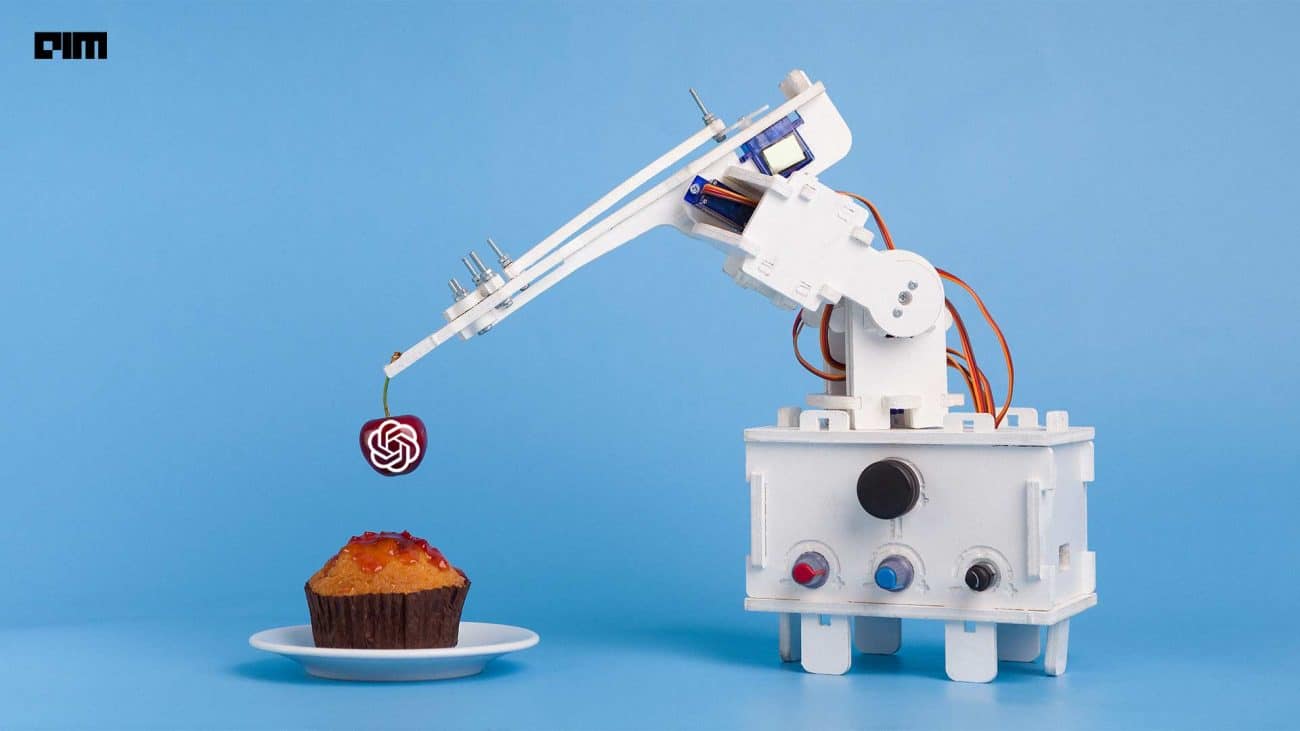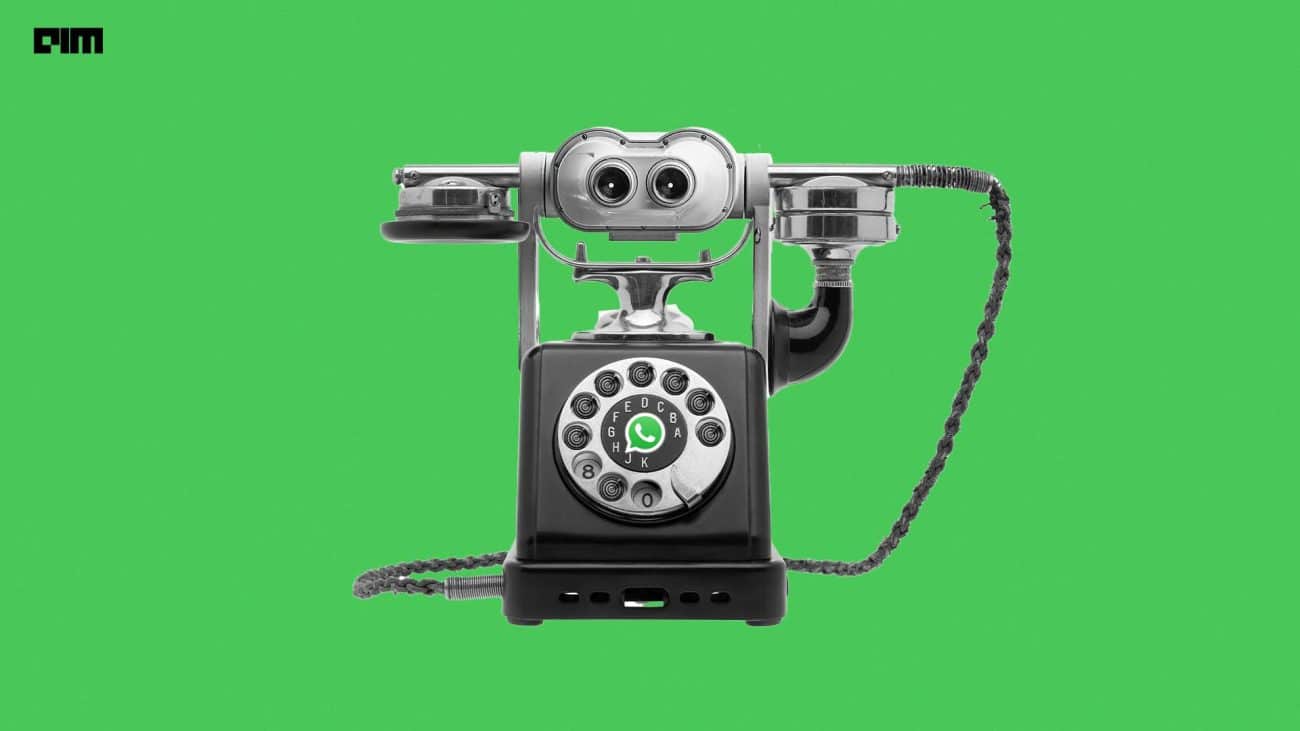|
Listen to this story
|
Big Data in healthcare is not unheard of. The healthcare industry is generating a significant source of data in the world. People who have skill sets in health information technology and analytics, the employment rate for them is increasing.
The global pandemic has dramatically increased the need as well as the importance of data science and analytics professionals. We have seen over the months how data science professionals have come together and worked on COVID-19 healthcare data and build AI/ML models to track the outbreak and use the information for contact tracing, screening applications and vaccine development.
With all this data and the right application of tools and methods, we can improve patient outcomes and reduce health care costs. This is precisely where a healthcare data scientist comes in. The intersection of healthcare and data science is the emerging area of healthcare research and operations. Analysts, researchers and data scientists in this field can really take advantage of this increasing demand for opportunities.
Data science blends the unique skills of unlocking insights of data and storytelling. It can combine multiple skills from several disciplines to make it relevant for various roles, including healthcare.
Talking about health data science, it refers to any data that pertains to the biomedical sciences and public health. The data might originate from observational studies, clinical trials, computational biology, electronic medical records, genetic and genomic data. A data scientist can make use of the available genomic data and upon its analysis can provide an understanding of genetic issues and can also help in studying reactions to various kinds of drugs and its effect on diseases.
How Does One Become A Data Scientist In Healthcare?
Well, it is no different from being a regular data scientist but with a very high focus on healthcare data. Till date, the majority of data science courses and degrees focus on data science in general, and using the foundational skills, one can make a data career in healthcare, bioinformatics, medical/genomic science, health economics and other associated fields. Health Data Science is a pretty new discipline, and it’s a blend of epidemiology, statistics, mathematics, informatics and computer science.
There are specialised data science programs offered by universities, mostly at the postgraduate level. For example, there is a Masters In Health Data Science, an eighteen months post-grad program offered by Harvard University. MSc Health Data Science will help you develop innovative skills needed to unlock knowledge from complex health data to address some of the biggest health challenges that we face across the globe today. There is also a master’s program here at Georgetown in health informatics and data science.
There are courses in India as well, such as Master of Health Data Science (SRM University), and Master of Science – Health Informatics & Analytics from The University of Trans-Disciplinary Health Sciences and Technology (TDU). The idea of such programmes is to create graduates who can manage and handle huge, messy healthcare data sets from various sources, and to bring them all together in an analysable format. It provides knowledge on analysing the data using statistical machine learning approaches and drawing useful insights from the data.
Masters in data science receive training in multiple areas, including quantitative methods, applied regression, analysis statistical, statistical inference computing, machine learning, statistical consultation and collaboration, and epidemiology methodology. The main programming languages that are used in the most health data science courses include a mixture of Python and R, and SAS also in some cases.
Needed Skills
For people looking to pursue a Masters program in health data science, they do not necessarily have a biomedical background. Instead, it requires strong computation or mathematical background. A strong quantitative background exposes aspiring health data scientists to several research areas in healthcare and medical research that their skills will be highly advantageous for in the future.
At the core, there is a need for a strong quantitative background. Students who have an undergraduate in mathematics or statistics or a related field would be ideal. Aspiring healthcare data scientists need to have a deep understanding of statistics, linear algebra and calculus.
One of the other skills required is to be able to communicate results with various healthcare stakeholders. Health data scientists need to communicate to other data scientists about the methods they’ve used, talk to the clinicians to understand the disease they’re looking at, communicate to the lab scientists and most importantly be able to communicate clearly and transparently with patients and the public. Because at the heart of all health data science projects is the patient or the public, and building proper applications that can have a real impact in the Health Service and in commercial domains.


